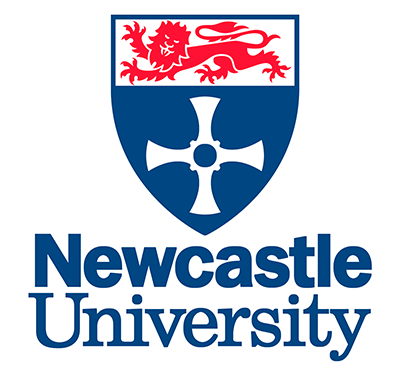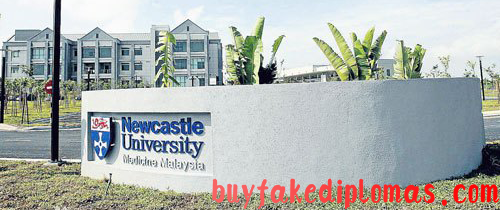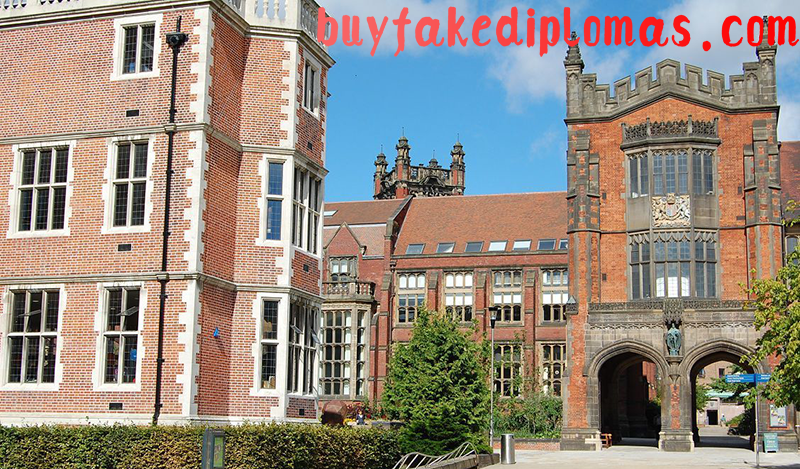
The University of Newcastle (NewcastleUniversity) is a member of the Russell Group, as well as the N8 University Consortium, the Association of European Universities, the Association of Commonwealth Universities, and the British Japanese RENKEI. buy fake University of Newcastle upon Tyne Diploma, It has the best medical school in Europe. In addition, NYU is one of the UK universities with the largest EU research programme. In addition to its campus in Newcastle, UK, the University also has campuses in Malaysia and Singapore in Asia. Newcastle university in England, “the eight core cities” is one of the city of Newcastle, buy fake diploma, the predecessor was established in 1834, school of medicine and surgery (SchoolofMedicineandSurgery) and the institute of Armstrong (ArmstrongCollege), established in 1871, After the merger to durham federal university at King’s college (King ‘sCollege TheFederalUniversityofDurham), in 1963, according to the act of parliament (ActofParliament) and durham university set up independent school respectively, Formal name for the university of Newcastle upon tyne (UniversityofNewcastleuponTyne). buy fake University of Newcastle upon Tyne degree, buy fake University of Newcastle upon Tyne transcript.
The University of Newcastle has been awarded a TEF Gold Medal in the Government’s Teaching Excellence Framework Quality Rankings 2017. The University of Newcastle is ranked 134th in the 2022QS World University Rankings, 146th in the 2022THE World University Rankings, 156th in the 2022USNews World University Rankings, and 200-300 in the 2021 Soft Science Academic World University Rankings.

School Features
NewcastleUniversity
The University of Newcastle offers high quality undergraduate and master’s degree programs. The University consists of eight schools: College of Agricultural and Biological Sciences, College of Arts, College of Education, College of Engineering, College of Law, College of Environment and Society, College of Medicine and College of Science. There are more than 200 undergraduate degree programs and 130 taught graduate programs, and all departments offer master’s or doctoral research programs. As of 2015, there are 20,000 full-time students at the university, with more than 3,000 students from more than 150 countries outside the UK. The campus has a strong atmosphere of international academic exchange.
The School of Medicine at Newcastle University is consistently one of the best in the UK and is the first medical institution in Europe and the second in the world to be licensed for human stem cell research. The school of Medicine (Medicine) and electronic engineering (ElectricalandElectronicEngineering) are among the best in British university discipline rankings. Newcastle University won The Times University of the Year Award in 2000.
There are two leading business schools in Newcastle, namely Newcastle Business School and Newcastle University Business School. In August 2014, the University of Newcastle Business School received AACSB accreditation, officially becoming a triple accredited Business school (AACSB, EQUIS and AMBA). As of 2014, less than 1 per cent of business schools worldwide had earned the title.

School Profile
Newcastle University is located in Newcastle upon Tyne, the fifth largest city in England, with the campus extending into the city center. Known for its friendly residents, high quality of life and relatively low cost of living, Newcastle has always welcomed foreign students.
The University of Newcastle was ranked 16th in the UK in the latest government-run Research Standards Assessment (REF).
The reputation of Newcastle University can be traced back to the establishment of the local Medical school in 1834. The school is situated in the centre of Newcastle, a historic city on the banks of the Tyne River. The University now has more than 20,000 full-time and part-time undergraduate and graduate students, including international students from more than 100 countries.
Newcastle is the regional capital of the North-East of England and the centre of cultural, social, sporting, educational and commercial activity. Newtown has a population of about 300,000, 33,000 of whom are students. The city is about 11 kilometers from the international airport and is easily accessible by road to the university. It takes about 3 hours to get to the city by train. New Town’s Chinatown is home to many Chinese shops and restaurants.
The university’s Therobinson Library has more than 1 million volumes and more than 5,000 journals. Students also have access to the most advanced information technology and international telecommunications networks. The University provides computer services, with more than 3000 high speed networked terminals located throughout the campus and connected to the super high speed SuperJANETPDH service.
University dormitories and student dormitories can accommodate up to 5,000 students, and overseas students who want to stay in them can generally be allocated. There are many private houses for rent near the school. The rent is lower than the market price. Students can get a list from the school if they need it. There are several clinics near the campus (one of which is located on campus). The staff of the Student Counselling Centre and International Students Office have extensive experience in dealing with the difficulties encountered by overseas students and organise weekend orientation activities to help students adjust to life in the UK as quickly as possible. The university has excellent sports facilities, including an 18-hole golf course.
Newcastle University was also the university where PrincessEugenie attended. Princess Eugenie, who started at Newcastle University in September 2009, has just turned 19 and achieved two good and one good (AAB) grades in her A-levels, making her the best A-level ever achieved by A member of the Royal family. As a member of the Royal family, Princess Eugenie has left the royal palace to live a ‘commoner’ life in a 96-pound a week student dormitory. But Princess Eugenie is not the first royal to be housed in student accommodation – her brother Prince William also spent his first year at St Andrews University in one.

School History
The University of Newcastle traces its history back to 1834 when it was founded as a medical school in the city of Newcastle, offering lectures and experimental surgery to 26 students. In June 1851, the university split into two rival colleges. The main college established Newcastle medical school (NewcastleCollegeofMedicine), While another school was set up for Newcastle upon tyne medicine and institute of applied science (NewcastleuponTyneCollegeofMedicineandPracticalScience).
Newcastle medical school in 1852, officially at King’s college and the university of durham federal (King ‘sCollege TheFederalUniversityofDurham) combined with, and in 1856 awarded the first “medical certificate” issued by (LicenceinMedicine: LicMed), The two colleges were later merged in 1857 and renamed DurhamCollegeofMedicine in 1870. [1]
In order to provide a place for the teaching of science in the city, the college teaching mathematics, physics, chemistry and Earth Sciences became Durham College of Physical Sciences in 1883 and was named ArmstrongCollege in 1904 after William Armstrong, 1st Baron Armstrong. These independent or split the college is to become in 1908 was officially recognised, divided into two departments, and respectively in the two cities in the durham and durham federal university of Newcastle upon tyne (TheFederalUniversityofDurham). By 1908, Newcastle-upon-Tyne’s departments, such as medicine and art, and science, which included agriculture and engineering, taught a wide range of subjects.
By the early 20th century, the two-department Durham Federal University system, which spanned two cities, had become untenable, so in 1963, by ActofParliament, it was divided into two universities, namely Newcastle University and Durham University. These two universities, together with the University of Manchester, the University of Birmingham, the University of Liverpool, the University of Leeds, the University of Sheffield, the University of Bristol and other universities founded in similar periods, are collectively known as Red brick universities.
Professional Setting
Human Resource Management (CIPD Certification), Business Accounting, Pharmacy, Medical Emergency, Economics and Agriculture, Dentistry, Applied Linguistics, Architecture, Art, Physics, Built Environment, East Asian Languages, Library Science, Education and Teacher Training, Electronic and Computer Engineering, Energy Science, Environmental Engineering, Organic Engineering, Law, Sociology, Management, Music, Physics, Politics Science, public health, structural engineering, statistics, etc.
